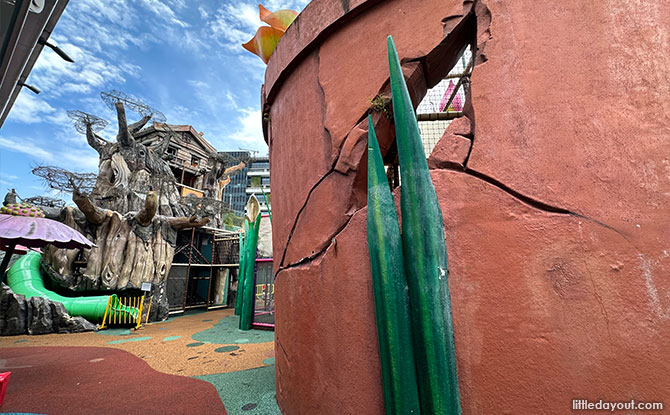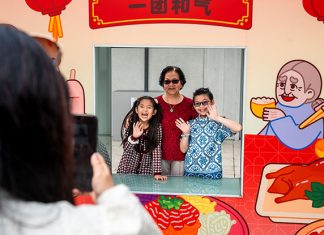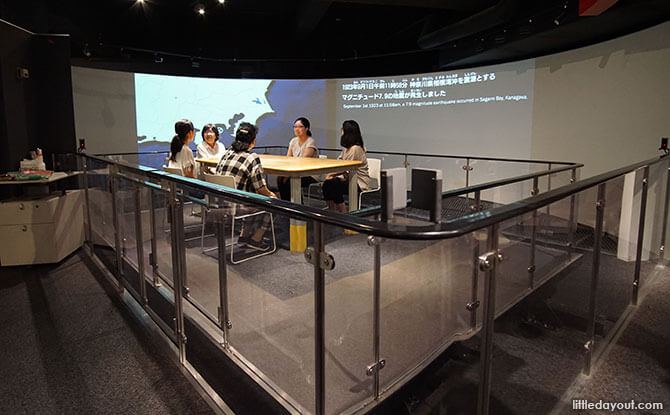
Japan is no stranger to natural disasters. Earthquakes, typhoons and tsunamis are not uncommon occurrences. At the Ikebukuro Life Safety Learning Centre in Tokyo, Japan, sometimes known as the Earthquake Museum, a fun and hands-on approach is taken towards disaster preparation training.
The Ikebukuro Life Safety Learning Center is located on the fourth floor of the Ikebukuro Fire Station.
Training at the Ikebukuro Life Safety Learning Center
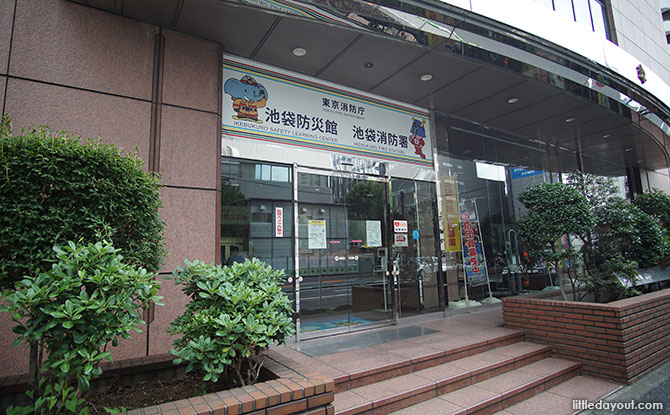 Training is conducted by instructors, both men and women, who are former Tokyo Fire Department employees. Drawing on their experience, they are able to share about what to do in the event of a disaster in a realistic manner.
Training is conducted by instructors, both men and women, who are former Tokyo Fire Department employees. Drawing on their experience, they are able to share about what to do in the event of a disaster in a realistic manner.
One thing to note is that all instruction at the Ikebukuro Life Safety Learning Center is done in Japanese. Groups of 10 of more can bring along their own interpreter. Alternatively, for non-Japanese speaking visitors, you just need to be game enough to follow along. When we visited, this was what we did and were still able to enjoy the unique experience.
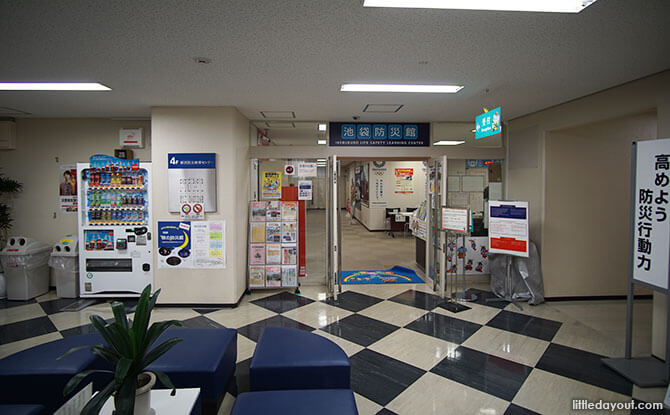
Experiences at the Fire Station
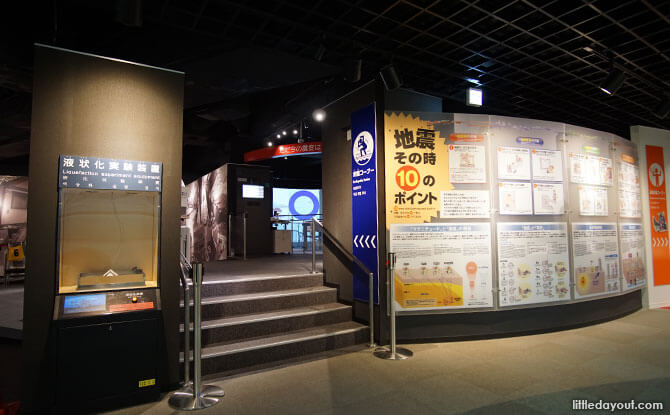
The Disaster Education Centre allows visitors to learn about the dangers of natural disasters and why it is important to prepare for them.
The Earthquake Simulation Section is an experiential area where visitors can learn what to do when an earthquake occurs. It can simulate various types of earthquakes on the Richter scale. It is suitable for ages 3 and up.
At the Smoke Simulation zone, visitors learn about the dangers of smoke and can experience escaping through a smoke-filled maze.
The Hands-on Firefighting experience area allows visitors to try putting out a fire during its initial stages. The hands-on experience with the fire extinguisher is only open to those aged 10 years old and above.
Earthquake Museum in Japan
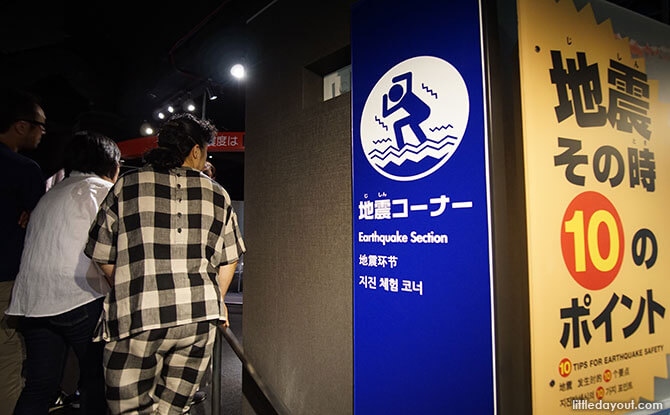
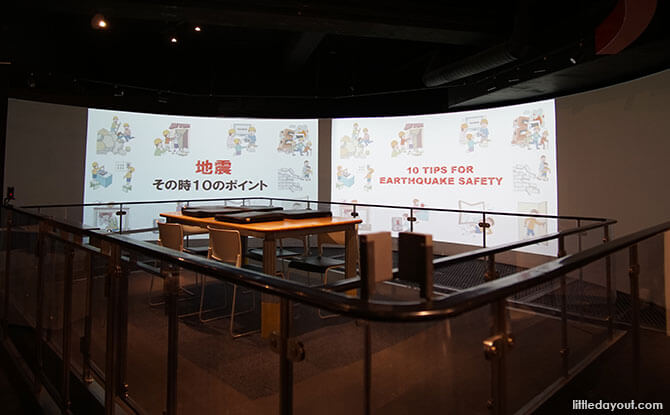
Next, it was our turn to put what we had learnt into practice.
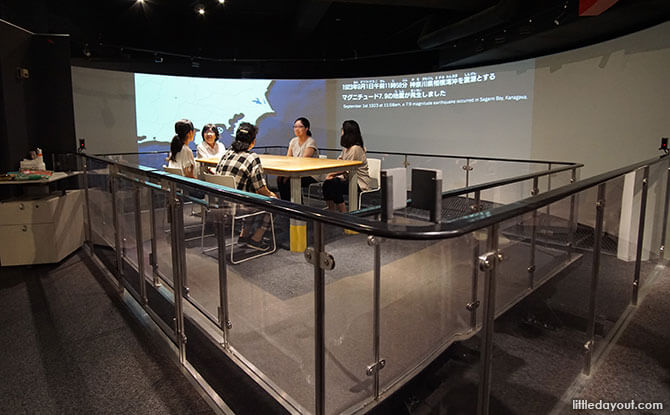
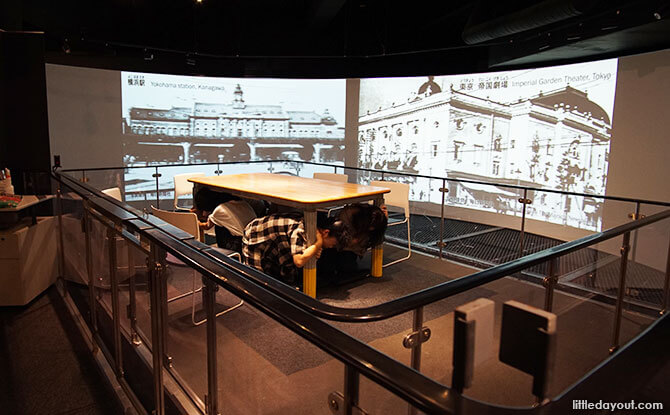
It was a memorable and fun experience. Plus, now we know what to do in the event of an earthquake.
Visiting the Ikebukuro Life Safety Learning Center in Tokyo, Japan
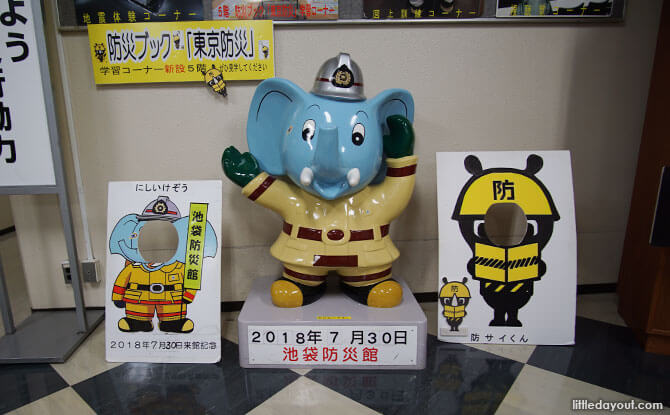
Ikebukuro Life Safety Learning Center (aka Earthquake Museum)
Where: 2 Chome-37-8 Nishiikebukuro, Toshima, Tokyo 171-0021, Japan
Website



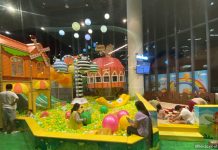
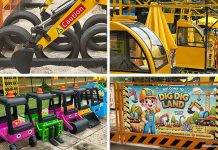




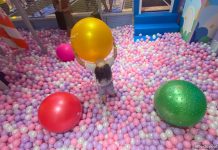
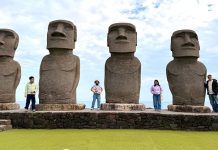
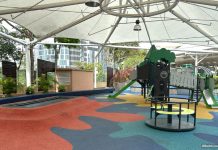
![Coastal PlayGrove: 8 Reasons To Visit The Playground, East Coast Water Play & Food [Updated 2025] Coastal PlayGrove: 8 Reasons To Visit The Playground, East Coast Water Play & Food [Updated 2025]](https://www.littledayout.com/wp-content/uploads/f00-coastal-playgrove-218x150.jpg)
